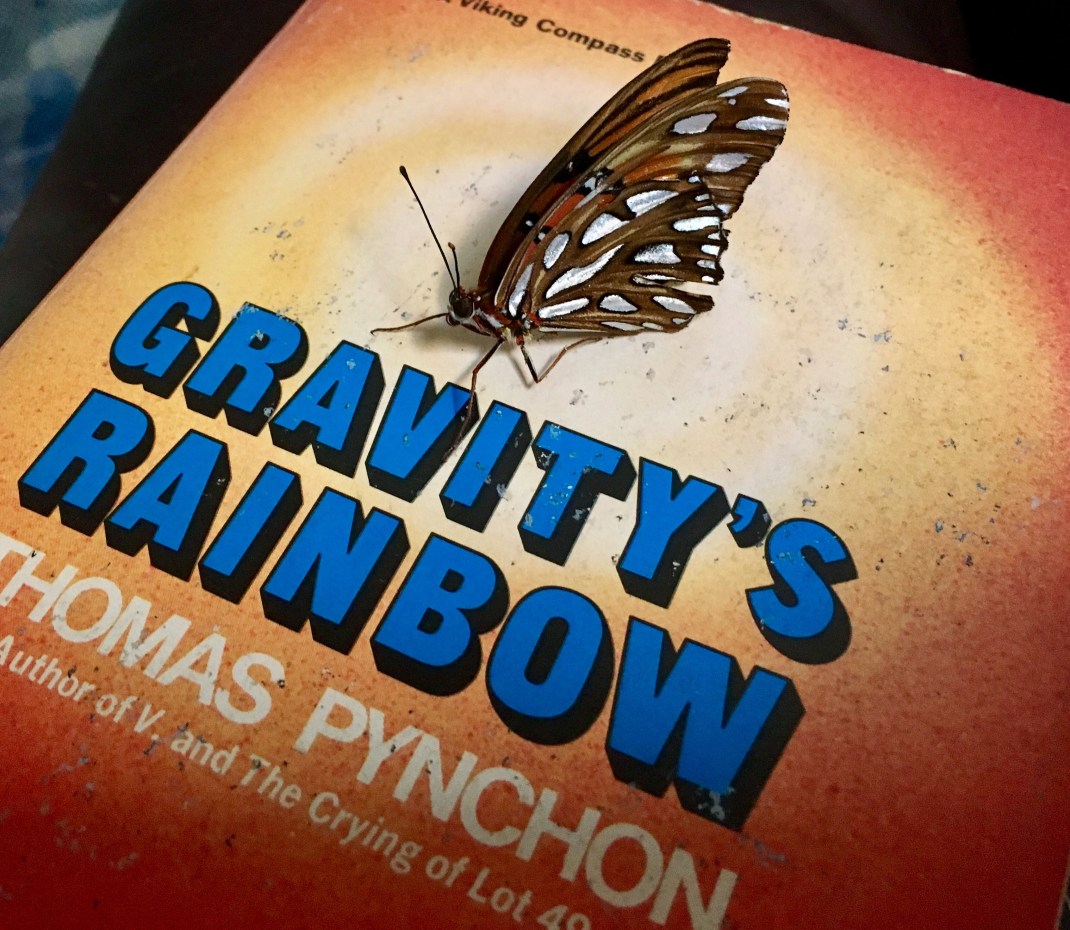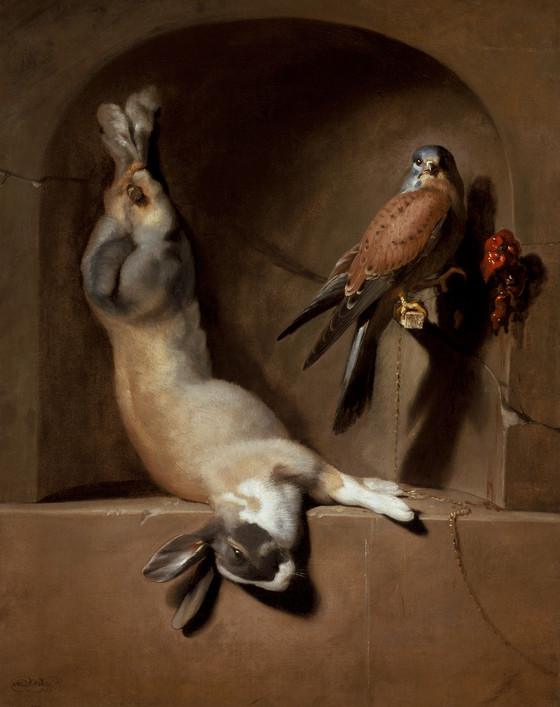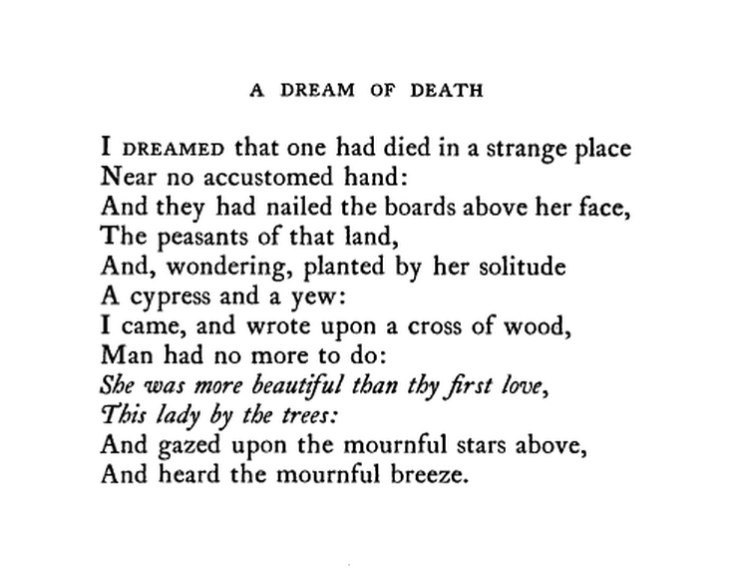
We tend to pathologize the ultimate no—suicide—as a shameful failure, the worst kind of failure. The shame of not having assimilated into normative culture, of not bootstrapping the self into a legible narrative of success. Of being merely unable. Melville’s Bartleby teaches us this lesson all too well. Those around Bartleby can’t read his preference to merely not be as such. They want to know why he doesn’t want to be a good bureaucrat. And they string him up for it. But saying no can be an assertion of power, freedom and will, as Bartelby teaches us. The choice to merely not be is simply that. It frustrates everyone around it because it defies the most naturalized assumption in existence: that consciousness is a gift, a privilege, a precious unit of time not to be squandered or frivolously wasted. We are urged to make good with life.
But this attitude comes with the privilege of choices. One who can say that things can be different, that one only need to work a bit harder, shift her perception, to “be the change she wishes to see in the world” doesn’t wake up on Skid Row every morning, is not black in Baltimore or Ferguson, does not live in a body policed by the law and popular culture. Moreover, this attitude assumes that whatever prevents this different life, where one doesn’t have to say no, is conquerable, fixable. Often, the sensation that things cannot be different appears insurmountable. Whatever is assaulting you cannot be removed with a simple shift in perception and attitude.
Such is the dilemma of Yeong-hye in Han Kang’s The Vegetarian. The flap copy describes Yeong-hye’s turn towards vegetarianism as a decision, as does her tyrannical husband and everyone around her, but Yeong-hye’s plant-like turn is only a decision in the most technical sense. Yes, she does decide to become a vegetarian, but not because of preference, or political/ethical commitment. Yeong-hye’s vegetarianism is vital; for her, vegetarianism is her only out from the violent misogyny that she has been born into. But to also say that she wants death and, in turn, that Kang’s novel is a reconfiguration of the normative narrative of suicide would be a double injustice. I know nothing of South Korean culture, and I can only speak confidently of the misogyny that frames The Vegetarian because it is terrifyingly normal in the mouths of its narrators; the first injustice is that I only know this misogyny through western narratives. The second, to assert that Yeong-hye wants death, falls into the trap of romanticizing suicide. None of Yeong-hye’s life is decision, or choice, or freedom, except her desire to become more plant-like—even that is a stretch to say it is a desire. For Yeong-hye, a plant-like existence approaches a state of supreme serenity and disaffection from her world – a position where she cannot be read as a sexual being and, in turn, under the hands of a violent culture. Vegetarianism hangs the human body and self between what we understand and project onto the outside world as life and death. Vegetarianism asymptotically kisses death.
‘…I thought trees stood up straight … I only found out just now. They actually stand with both arms in the earth, all of them. … Do you know how I found out? Well, I was in a dream, and I was standing on my head … leaves were growing from my body, and roots were sprouting from my hands … so I dug down into the earth. On and on…I wanted flowers to bloom from my crotch so I spread my legs; I spread them wide…’
What’s peculiar about the novel, apart from the quiet horror of Kang’s prose, the quiet violence of Yeong-hye’s world and its casual presentation thereof, and actually a lot of things that are wonderfully disquieting, is that none of its three acts are narrated by Yeong-hye herself. I expected more time with and inside Yeong-hye in a book about the murderously aloof self-satisfaction of the men in power that orchestrate her destruction. But I even wince at the word “inside” of Yeong-hye. It sounds like I’m participating in a certain kind of violence. The important thing to remember is that Yeong-hye’s perceived disability is only so in the eyes of the narrators, Yeong-hye’s husband, brother-in-law, and sister. Her family insists, and then demands, that Yeong-hye provide a rational reason for her vegetarianism, but they only want to hear her say that it’s for the sake of her health, or for her appearance. They might even tolerate an ethical argument. Instead, Yeong-hye only offers, like our Bartleby, a frustration. Drunk and sleepy, Yeong-hye’s husband finds his wife staring intently into the white light of the fridge.
Dark woods. No people. The sharp-pointed leaves on the trees, my torn feet. This place, almost remembered, but I’m lost now. Frightened. Cold. Across the frozen ravine, a red barn-like building. Straw matting flapping limp across the door. Roll it up and I’m inside, it’s inside. A long bamboo stick strung with great blood-red gashes of meat, blood still dripping down. Try to push past but the meat, there’s no end to the meat, and no exit. Blood in my moth, blood-soaked clothes sucked onto skin.
The repetition of the word meat has a certain violence to it, and metaphorizes the ways in which the category of “meat” is embedded even in the writing itself, how deeply it penetrates. Yeong-hye is treated like meat; pigs and cattle raised for consumption are referred to as pork and beef, even before they’re slaughtered; meat is a violently rendered, aestheticized experience. Soon, Yeong-hye does remember the places that are lost in her dreams inside of actual memories. The haunting repetition of the word “meat” transforming what was once familiar into paralyzing strangeness.
While Father ties the dog to the tree and scorches it with a lamp, he says it isn’t to be flogged. He says he heard somewhere that driving a dog to keep running until the point of death is considered a milder punishment. The motorcycle engine starts, and Father begins to drive in a circle. […] Once it has gone five laps, the dog is frothing at the mouth. Blood drips from its throat, which is being choked with the rope. Constantly groaning through its damaged throat, the dog is dragged along the ground.
Punishment and thus justice isn’t swift, but an exercise in pushing one’s ability to endure physical shame. Like when her father, incredulous and domineering, forces her family to hold Yeong-hye back as he shoves a “lump of meat” into Yeong-hye’s wailing body. Or when Yeong-hye is forced to endure the public shaming at an obligatory business dinner. Her vegetarianism unhinges the normative narrative of her family’s reality, and they take it personally. To them, it is an invitation to rape, to control, and to punish.
But it was no easy thing for a man in the prime of his life, for whom married life had always gone entirely without a hitch, to have his physical needs go unsatisfied for such a long period of time. So yes, one night when I returned home late and somewhat inebriated after a meal with colleagues, I grabbed hold of my wife and pushed her to the floor. Pinning down her struggling arms and tugging off her trousers, I became unexpectedly aroused. She put up a surprisingly strong resistance and, spitting out vulgar curses all the while, it took me three attempts before I managed to insert myself successfully. Once that had happened she lay there in the dark staring up at the ceiling, her face blank, as though she were a ‘comfort woman’ dragged in against her will, and I was the Japanese soldier demanding her services.
Rape doesn’t apply to Yeong-hye because she is called a wife, her refusal to play the role erases the violence of rape in the rules of this reality. Yeong-hye’s renunciation of subservience, and the subsequent violence, highlights the underlying rage of male culture presented in this novel. More striking than the appalling behavior of Yeong-hye’s husband is his nonchalance, a result of Kang’s cool, distending prose, brilliantly translated by into English by Deborah Smith. We’re not meant to be unhinged by the drapes of meat in Yeong-hye’s dreams, but the coolness in which Yeong-hye’s family preclude empathy and default to insult and violence. Even before empathy, they preclude curiosity—their questions only seek answers for which they are already disappointed. What we are supposed to be horrified by is how bereft they are of compassion.
Where they shame a woman supposedly acting out of character, Yeong-hye simply wants the dreams to stop. But where do the dreams come from? This tension sustains the entirety of the novel, and drives Yeong-hye deeper into plant-like behavior. Yeong-hye is eventually committed to a mental hospital after the staff find her shirtless, looking up into the sun with eyes clenched, as if in the grip of photosynthesis. Later, after a divorce, in a second mental hospital, something akin to the sanatoriums of Kafka’s and Bernhard’s worlds, far away from Seoul, she refuses to eat and spends hours in a hand-stand, emulating the trees of the mountains. Yeong-hye can’t do anything about the dreams because they are the signature of her conscription into humanity.
Yeong-hye cut her off. ‘They say my insides have all atrophied, you know.’ In-hye was lost for words. Yeong-hye moved her emaciated face closer to her sister. ‘I’m not an animal anymore, sister,’ she said, first scanning the empty ward as if about to disclose a momentous secret. ‘I don’t need to eat, now now. I can live without it. All I need is sunlight.’
Becoming vegetarian isn’t a choice, but a last resort. Yeong-hye is compelled towards plant-like existence because it’s her only method of control and, ironically, affirming her humanity. Yeong-hye doesn’t elect vegetarianism; her family conditioned her for this transformation, her refusal to play this version of humanity. But this is the humanity under which all of us are prescribed. When Yeong-hye recoils at the sight of meat, she sees herself. Yeong-hye turns to vegetarianism because she projects onto plants a freedom of being non-human, non-woman, non-sexualized. The possibility of existing without violence or domination, of being in the world without the risk of knowing what one is, but just being. Vegetarianism in The Vegetarian isn’t a religious requirement, nor the fancy of first-world privilege, but anti-human. It is an affirmation that says not only is the culture a problem, but people are the problem.
[Ed. note: Ryan Chang’s review of The Vegetarian was originally published by Biblioklept in May of 2015].












